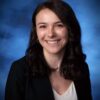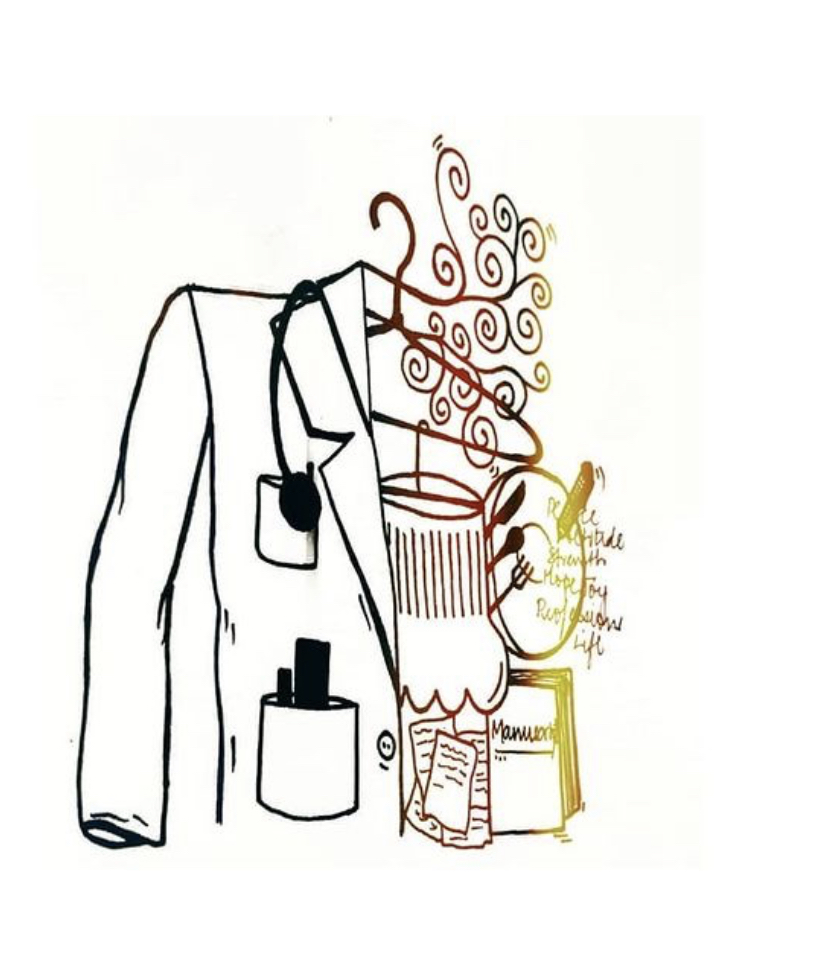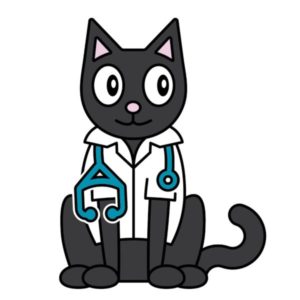 Mary Metkus (1 Posts)
Mary Metkus (1 Posts)Contributing Writer
Sidney Kimmel Medical College at Thomas Jefferson University
Mary is a graduating fourth year medical student at Sidney Kimmel Medical College in Philadelphia, PA class of 2023. She graduated from Villanova University with a Bachelor of Science in biology. In her free time, she enjoys reading works of fiction and history, baking and gardening. After graduation, Mary will be pursuing a residency in internal medicine at Johns Hopkins Bayview Medical Center.
As I completed my residency interviews, I recognized that we are hard pressed to find a better way to match burgeoning physicians with training programs searching for their next class of interns. Yet I also knew that neither I nor any other applicant could fit into a preconceived box or several sentence summary. I could not simply market myself as a humanist or an artist, or an activist or a researcher.
In this Q&A, we feature the founder of MedEd Models Dr. Timothy Dyster. Currently a fellow in pulmonary and critical care medicine at the University of California, San Francisco, Dr. Dyster also serves as a resident editor for the Journal of Graduate Medical Education and is the lead contributing editor for the first edition clinical handbook, Huppert’s Notes. He shares his thoughts on medical education and advice for medical students looking to foray into this field.
Interviewers who ask these questions in a professional setting typically consider these issues to be academic — purely topics for discussion that might provide useful insight into the way the applicant views the world. But for applicants who have been affected, these issues are not merely academic and their discussion can invoke significant emotional turmoil. So before we continue to tacitly accept this shift in interviewing, it is important to consider its purpose and impact on those being interviewed.
The in-Training Editors-in-Chief, Nihaal Mehta and Amelia Mackarey, talked to Dr. Dustyn Williams and Jamie Fitch, co-founders of OnlineMedEd, one of the most widely-used educational resources by medical students around the world.
 Nihaal Mehta (8 Posts)
Nihaal Mehta (8 Posts)Editor-in-Chief
Brown University Alpert Medical School
Nihaal Mehta is a member of the Class of 2020 at Brown University Alpert School of Medicine. Originally from Lexington, MA, he also attended Brown for college, graduating in 2014 with a degree in Health and Human Biology and subfocus in Global Health.
Nihaal’s interests lie in medicine and its intersections: with health systems, policy, and the humanities. In college, he worked as a Writing Fellow, a Teaching Assistant for biology and public health courses, and assisted in the design of a course that examines controversies in medicine. Before returning to Brown for medical school, he spent a year working in consulting on health care business, strategy, and policy. He plans to specialize in Ophthalmology, and has conducted research focused on optical coherence tomography and retinal disease.




